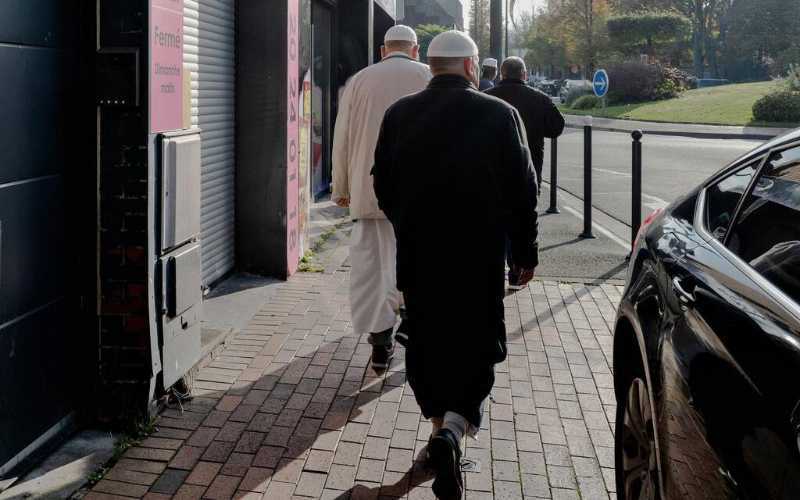Roubaix’s Muslim Community Faces Islamophobia, Lacks Organized Response, Study Finds

Composed of a large immigrant population, the Muslim community in Roubaix is often the victim of discrimination and Islamophobia. A situation experienced by Muslim residents as an injustice.
Political scientist Julien Talpin conducted a study of the forms of struggle against Islamophobia in Roubaix, this working-class city of 100,000 inhabitants that concentrates a high rate of poverty. The Muslim community in the city regularly suffers from Islamophobic acts, but the mobilization of Muslim residents to fight against Islamophobia is non-existent, the political scientist points out, cited by Radio France.
Since the 1990s, successive municipalities and local authorities have tried to institutionalize Islam in Roubaix in reaction to the Islamophobia the city was experiencing. Since the terrorist acts perpetrated in 1995 by individuals returning from the Bosnian war, the city has tried to encourage interfaith dialogue by relying on local Muslim actors and mosques. In 2001, the municipal council adopted a master plan for places of worship (Muslim, Catholic, etc.) to allow their rehabilitation and the construction of mosques.
The Collective of Muslim Institutions of Roubaix (CIMR) was set up in the early 2010s, in the context of the controversy sparked by the Quick group’s declaration that it would offer 100% Halal menus in certain restaurants, including the one in Roubaix. A decision considered by some political leaders as communitarianism. The mayor of Roubaix had announced that he would file a complaint against the chain. For its part, the Collective had denounced the stigmatization of the Muslim community.
The CIMR ensures minimal management of the cult in Roubaix. The Collective is strictly apolitical, its leaders point out, emphasizing its civic dimension. But Muslim associations in France are facing difficulties in financing and collaborating with public authorities at the local and national level, which has limited their presence in the civic space and led to a rise of Salafism in working-class neighborhoods and mosques.
Related Articles
-

French Summer Tourism Slumps: Morocco Sees 21% Drop as Economic Woes Hit Travel Industry
5 September 2025
-

Undocumented Moroccan Delivery Driver Arrested in Nîmes, Faces Deportation
5 September 2025
-

Racial Controversy Erupts as Pierre Ménès Claims "Eleven Blacks" in French National Team
5 September 2025
-

Moroccan Man Faces Deportation Risk After Domestic Violence Conviction in France
4 September 2025
-

New Calvados Sub-Prefect Tackles Security Challenges Amid Looming National Strike
4 September 2025